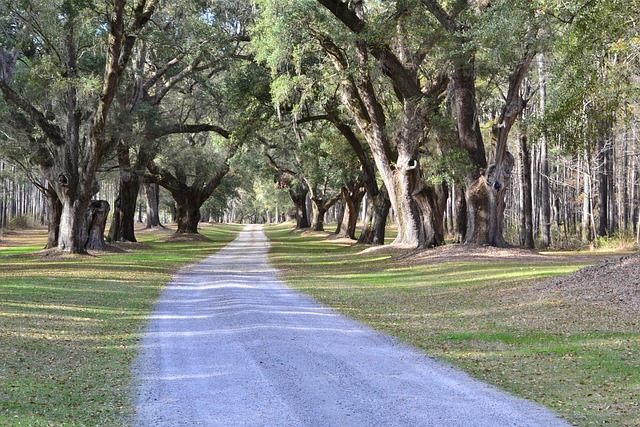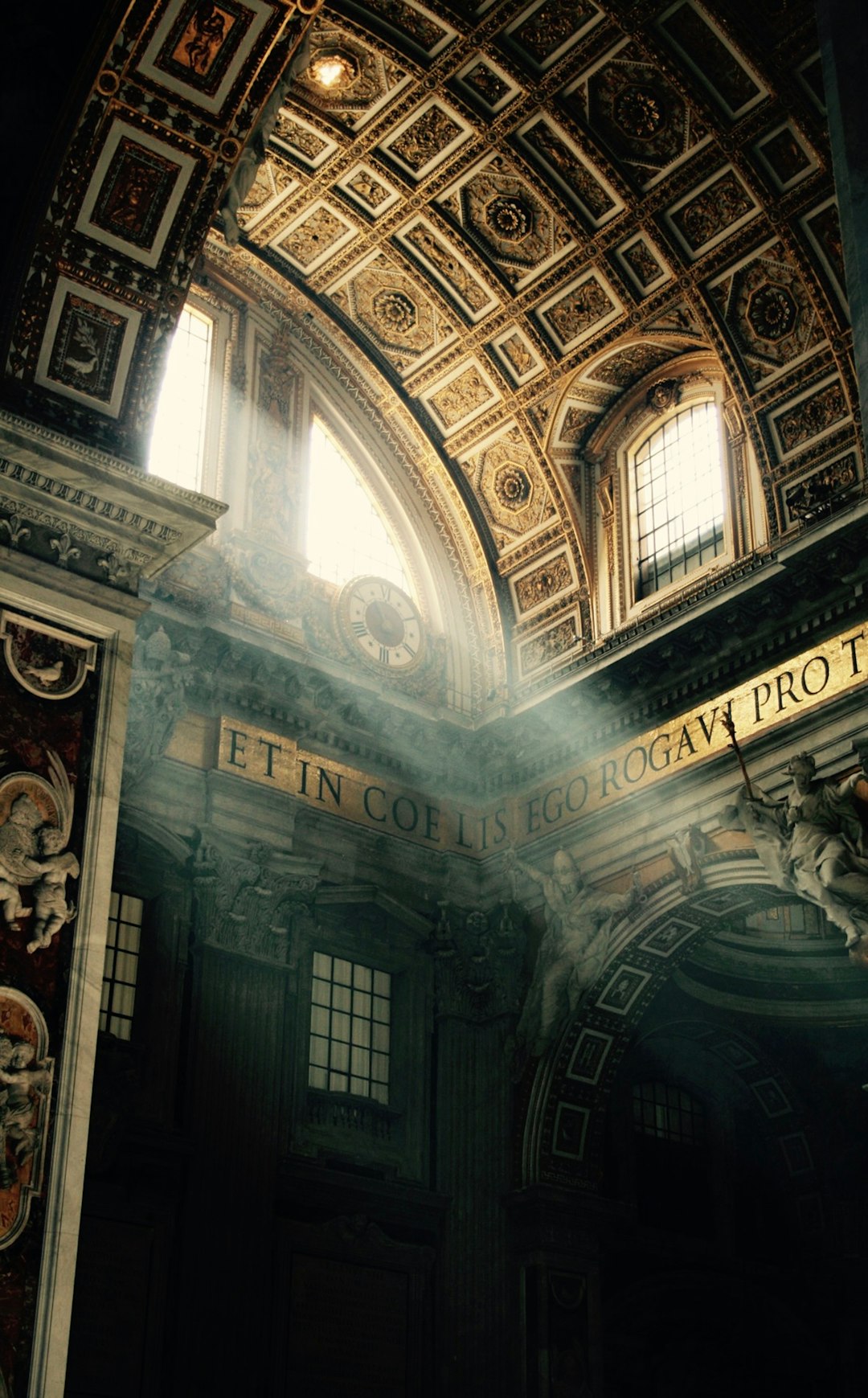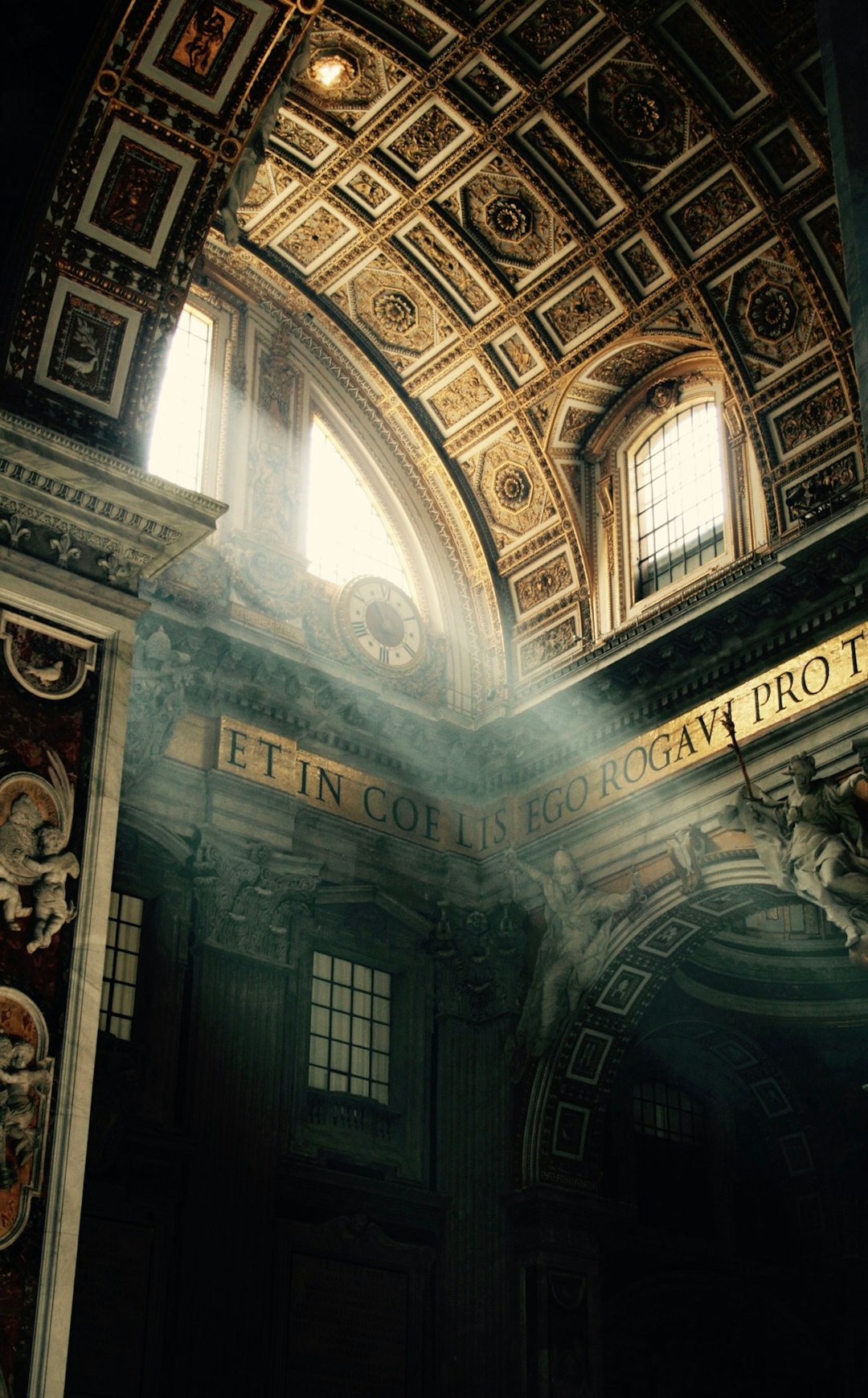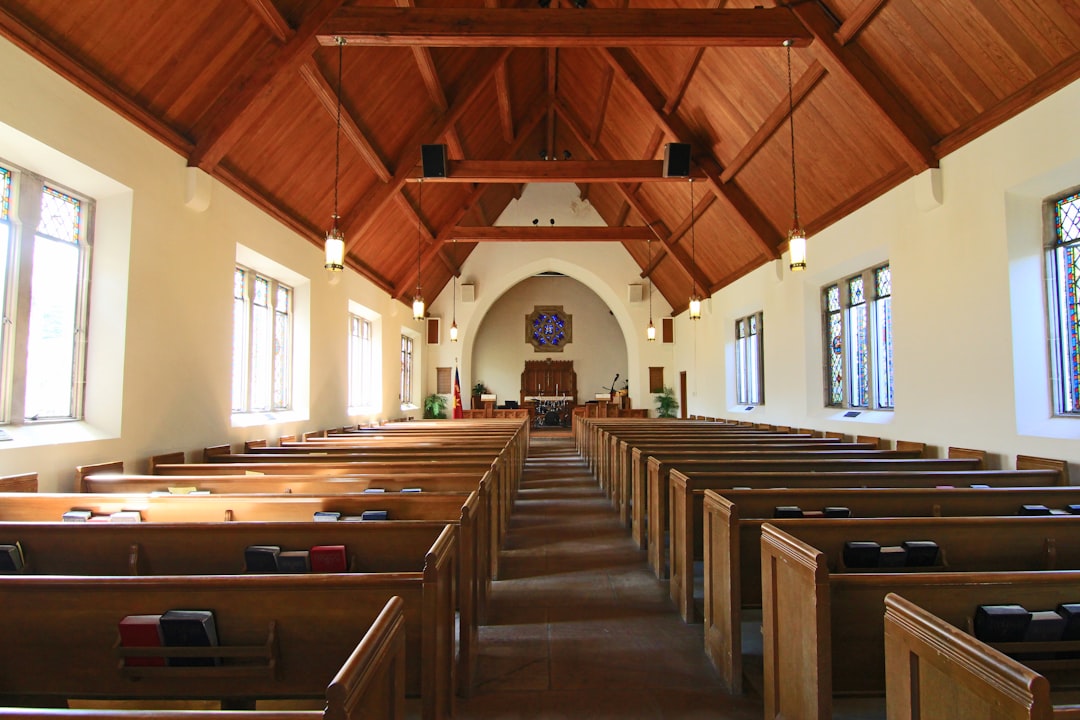Victims of clergy abuse in South Carolina require specialized legal assistance due to the sensitivity of these cases. A clergy abuse attorney clarifies legal definitions, explains time limits, and outlines compensation options, protecting victims' rights and supporting them through their journey towards healing and closure.
In South Carolina, addressing clergy abuse is a critical issue that requires careful navigation. This article offers comprehensive guidance for individuals facing such traumatic situations, focusing on understanding legal rights and taking action. If you or someone you know has experienced assault within a religious setting, connecting with a skilled clergy abuse attorney in South Carolina is a crucial step. Our experts break down the process, highlighting key aspects like maxines (time frames) and structural elements of filing a lawsuit to ensure justice and closure.
<section id="|-––-maxines-&-structure–––-/-unsetang-–––––––––––––––––––––––––––––-“>
|
Maxines & Structure / Unsetang *
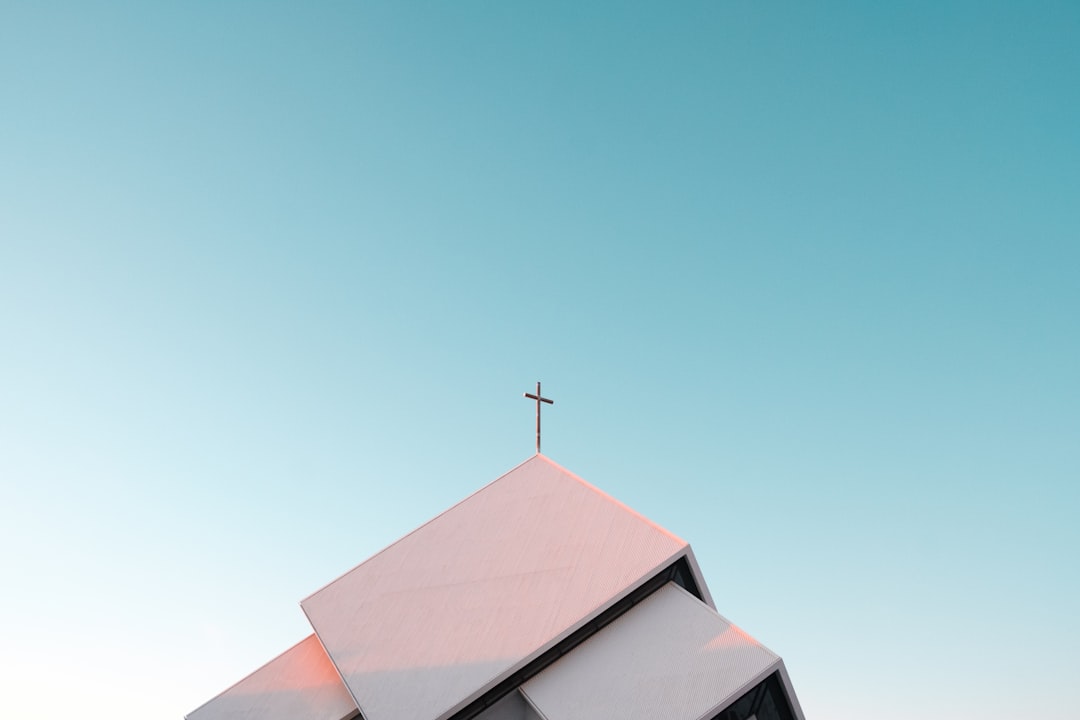
In the context of clergy abuse in South Carolina, seeking justice is a complex process, especially when navigating sensitive and often traumatic matters. The first step for victims considering legal action is to consult with an experienced clergy abuse attorney. These specialists understand the unique challenges faced by individuals who have suffered abuse within religious communities. They provide guidance tailored to South Carolina’s laws and regulations, ensuring victims’ rights are protected.
Victims may wonder where to begin or what constitutes a strong case. A clergy abuse attorney can offer clarity on these issues. They help clients understand the legal definitions of abuse, the statute of limitations for filing a lawsuit, and the potential avenues for compensation. This support is crucial in fostering a safe environment for victims to share their stories and take the necessary legal steps towards healing and closure.
